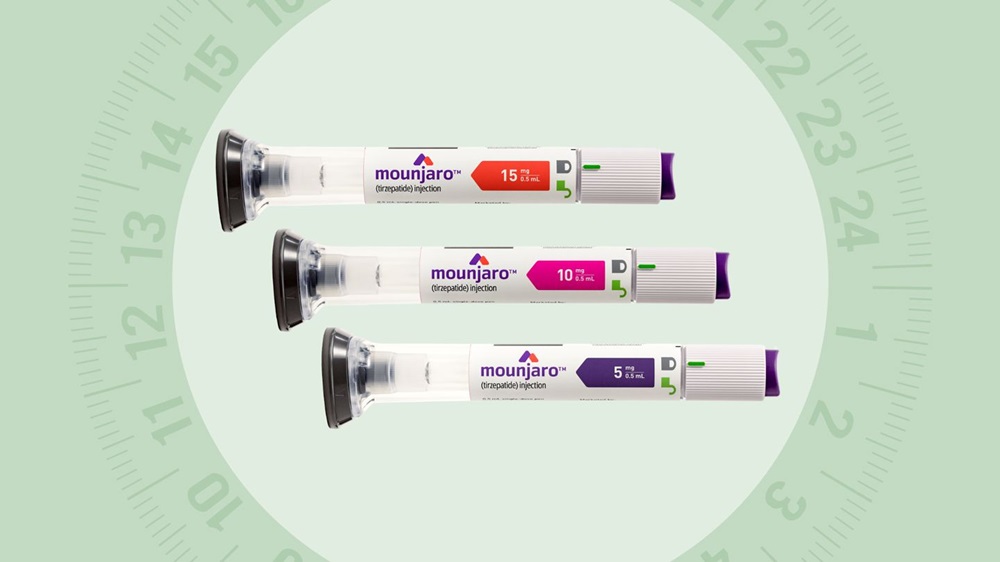How Does Mental Health Impact Your Weight Loss Treatment Success?
The journey to achieving a healthy weight isn’t just about counting calories or exercise routines.
Your mental health plays a pivotal role in how effectively you can stick to your weight loss treatment plan and reach your goals.
Think of it like trying to drive a car with a foggy windshield – even if you know where you’re going, unclear vision makes the journey much more challenging.
The Mind-Body Connection
Did you know that your thoughts and emotions can directly influence your eating habits? Let’s break down this fascinating relationship:
- Stress triggers cortisol production
- Anxiety often leads to emotional eating
- Depression can affect motivation levels
- Self-esteem impacts food choices
When you’re dealing with mental health challenges, your body responds in ways that can either support or sabotage your weight loss efforts. It’s like trying to build a house during a storm – possible, but significantly more challenging.
The Cycle of Emotional Eating
Picture this scenario: You’ve had a rough day at work. The project deadline is looming, your boss is demanding changes, and your stress levels are through the roof. What’s the first thing many of us do? We reach for that comfort food. But why?
| Emotion | Common Response | Impact on Weight Loss |
| Stress | Craving sugary foods | Excess calorie intake |
| Anxiety | Mindless snacking | Irregular eating patterns |
| Depression | Loss of appetite/overeating | Metabolic disruption |
| Joy | Celebratory eating | Portion control issues |
Breaking the Pattern
Here’s the good news: understanding this connection is your first step toward success. Consider these actionable strategies:
- Mindful Eating Practices
- Take time to savor each bite
- Listen to your body’s hunger cues
- Remove distractions during meals
- Emotional Support Systems
- Join support groups
- Connect with like-minded individuals
- Share your journey with trusted friends
- Professional Guidance
- Work with mental health professionals
- Consult registered dietitians
- Consider behavioral therapy options
Sometimes, the path to weight loss success feels like navigating a maze. But here’s the thing – you wouldn’t expect your car to run without fuel, so why expect your body to function optimally when your mental health isn’t being addressed?
The Role of Stress in Weight Management
Let’s get real for a moment. Stress isn’t just that feeling you get when you’re running late – it’s a physiological response that can seriously impact your weight loss journey.
Consider these stress-related challenges:
- Increased cortisol levels leading to belly fat storage
- Late-night stress eating habits
- Decreased motivation for physical activity
- Disrupted sleep patterns affecting metabolism
Building a Resilient Mindset
Your mind is like a garden – what you nurture grows. When focusing on your weight loss journey, developing mental resilience is as crucial as planning your meals. Here’s how you can strengthen your mental game:
- Practice Self-Compassion
- Acknowledge your efforts
- Learn from setbacks without self-judgment
- Celebrate small victories
- Set Realistic Goals
- Break larger goals into manageable steps
- Focus on progress, not perfection
- Adjust expectations when needed
- Develop Healthy Coping Mechanisms
- Try meditation or deep breathing
- Engage in regular physical activity
- Express feelings through journaling

The Impact of Sleep on Mental Health and Weight Loss
Ever noticed how a bad night’s sleep affects your food choices? It’s not just your imagination! Sleep, mental health, and weight loss are interconnected in fascinating ways:
| Sleep Quality | Mental Health Impact | Weight Loss Effect |
| Good | Improved mood | Better food choices |
| Poor | Increased anxiety | Higher cravings |
| Irregular | Mood swings | Metabolic disruption |
| Optimal | Enhanced motivation | Consistent progress |
Creating a Sustainable Approach
Remember, sustainable weight loss isn’t about quick fixes or extreme measures. It’s about creating a balanced approach that considers both your mental and physical well-being.
Think of it as building a house – you need a strong foundation (mental health) before you can build the walls (healthy habits) and roof (weight loss success).
Key Components of a Sustainable Approach:
- Regular mental health check-ins
- Balanced nutrition plans
- Consistent physical activity
- Adequate sleep and rest
- Strong support systems
Moving Forward
Your weight loss journey is unique to you, and that’s perfectly okay! Some days will feel easier than others, and that’s part of the process. The key is to remember that taking care of your mental health isn’t optional – it’s a crucial component of your success.
Final Thoughts to Consider:
- Your mental health matters just as much as your physical health
- Progress isn’t always linear, and that’s normal
- Building healthy habits takes time and patience
- Support is available when you need it
Remember, you’re not just changing your body – you’re transforming your relationship with yourself. And that’s a journey worth taking, one step at a time.













